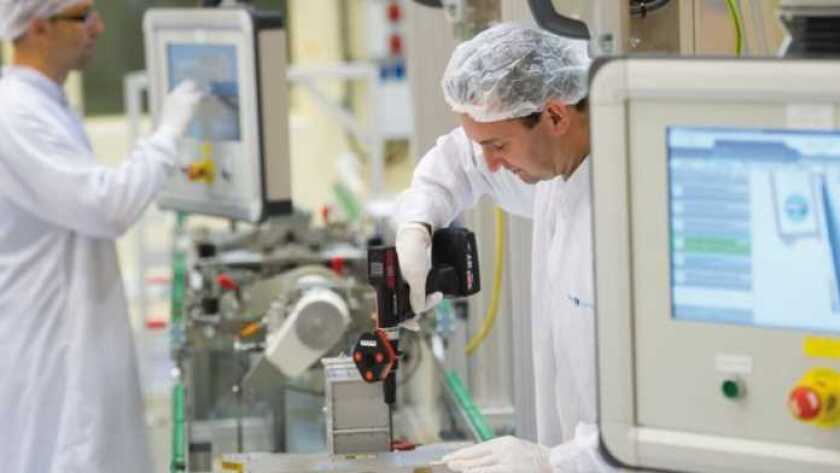OneWeb and its business partner and shareholder, Airbus, say this is the world’s first high-volume, high-speed advanced satellite production facility.
“OneWeb Satellites and its partners are transforming the satellite and space industry. By producing high quality satellites at a fraction of the cost and schedule of traditional manufacturers, we are not only enabling OneWeb to connect the planet, we are making space dramatically more accessible to everyone,” said Tony Gingiss, CEO of OneWeb Satellites.
The factory will start with a constellation of 650 satellites and then scale to 1,980. The aim is to deliver one satellite per production shift – meaning two per day.
“This is a defining moment in the history of OneWeb, and the space industry. With today’s opening, we are one step closer to connecting the unconnected for the benefit of societies all over the world,” said Adrian Steckel, CEO of OneWeb.
“As we gear up for more satellite launches at the end of the year, this facility will ensure we can begin delivering global connectivity in some areas as early as next year and globally in 2021.”
OneWeb has had six satellites in low Earth orbit since February. They have just been put through a trial, showing they could deliver high-speed, low-latency services, at more than 400Mbps.
US Commerce Secretary Wilbur Ross and Ajit Pai, chairman of the Federal Communications Commission, attended yesterday’s opening of the factory, which is on Merritt Island, Florida, a short distance south of the Kennedy Space Center, from which Apollo 11 was launched 50 years ago this month.
Pai said: “Since my first day as chairman of the FCC, my number one priority has been closing the digital divide and bringing the benefits of the digital age to all Americans. Promoting innovative technologies will be critical to accomplishing that priority. Satellite constellations have the ability to deliver broadband services using a new generation of low-Earth orbit satellite technologies.”
Ross added. “Private industry is a key partner in this effort as we are well on our way to a $1 trillion space economy and fueling a new revolution in technology in orbit.”






